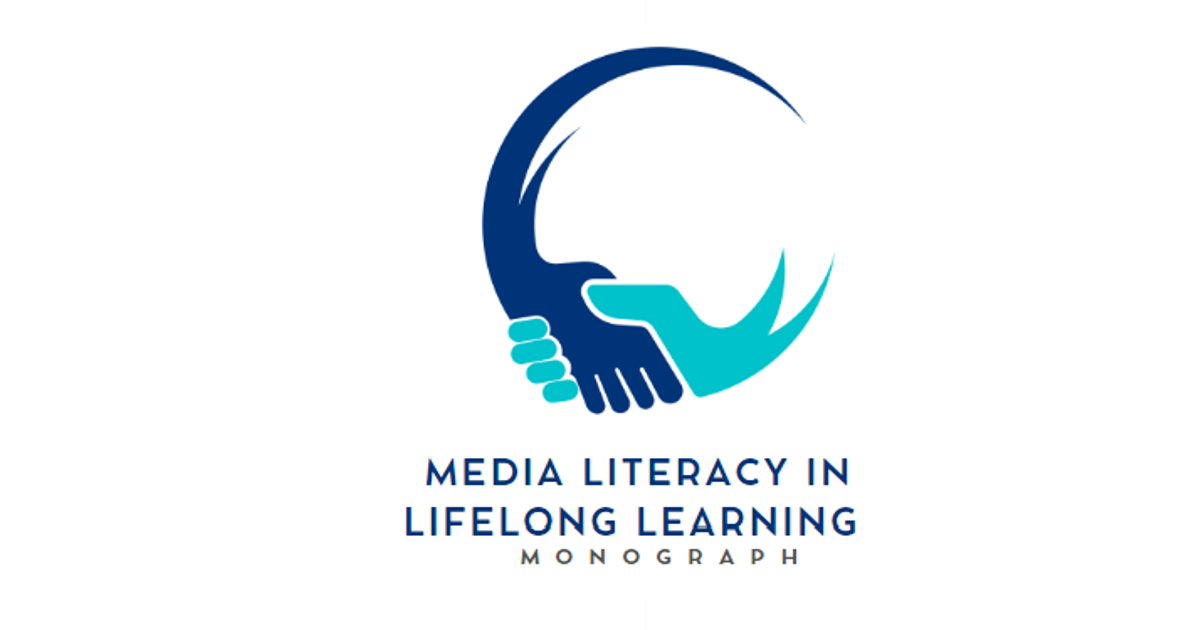- 2.6Impact Factor
- 5.5CiteScore
- 30 daysTime to First Decision
Media Literacy in Lifelong Learning
Special Issue Information
Dear Colleagues,
Our team is pleased to invite you to contribute to this monograph entitled "Media Literacy in Lifelong Learning". The purpose of this Special Issue is to focus on the importance of media literacy in the development of lifelong learning skills, with an examination of innovative pedagogical approaches, the impact of digital platforms, and emerging trends in an increasingly technologically mediated environment.
Media and Information Literacy (MIL) is a term that describes the acquisition of technical, cognitive, social, civic, ethical, and creative skills necessary for the use of today's media, the production of content, and a critical understanding of the information received (UNESCO, 2023). A solid foundation in literacy and citizenship education is essential for citizens to acquire the ability to access, analyze, evaluate, create, and act using all forms of communication. Normally, this focuses on the youngest; however, we cannot forget about the elderly, a vulnerable segment of society that combines population aging with the advent of technology, social networks, and media on a daily basis.
As a forum for the exchange of ideas and experiences, this monograph aims to contribute to the advancement of knowledge and the improvement of education practices related to media literacy. Academics, researchers, and educational professionals are invited to submit articles, case studies, and critical reviews that address any of the objectives and topics listed below.
Objectives:
- Analysis of the concept of media literacy.
- Exploring the relationship between media literacy and lifelong learning.
- To examine the role of digital technologies and media in education, as well as their pedagogical and methodological approaches.
- To evaluate policies, practices, and programs related to media literacy.
The topics covered in this monograph will include the following:
- Studies of the pedagogical and methodological approaches used to teach media literacy at various educational levels, both formal and non-formal.
- Analyses of the impact of social media and digital platforms on the development of media competencies.
- Reviews of national and international educational policies related to media literacy.
- Case studies and successful programs promoting media literacy from an interdisciplinary approach: health, heritage, film productions, environmentalism, education for the elderly, cyberbullying, etc.
- Perspectives and emerging trends in media literacy in the context of artificial intelligence and augmented and immersive reality.
Prof. Dr. Javier Gil-Quintana
Prof. Dr. Eduardo García Blázquez
Guest Editors
Manuscript Submission Information
Manuscripts should be submitted online at www.mdpi.com by registering and logging in to this website. Once you are registered, click here to go to the submission form. Manuscripts can be submitted until the deadline. All submissions that pass pre-check are peer-reviewed. Accepted papers will be published continuously in the journal (as soon as accepted) and will be listed together on the special issue website. Research articles, review articles as well as short communications are invited. For planned papers, a title and short abstract (about 250 words) can be sent to the Editorial Office for assessment.
Submitted manuscripts should not have been published previously, nor be under consideration for publication elsewhere (except conference proceedings papers). All manuscripts are thoroughly refereed through a double-blind peer-review process. A guide for authors and other relevant information for submission of manuscripts is available on the Instructions for Authors page. Education Sciences is an international peer-reviewed open access monthly journal published by MDPI.
Please visit the Instructions for Authors page before submitting a manuscript. The Article Processing Charge (APC) for publication in this open access journal is 1800 CHF (Swiss Francs). Submitted papers should be well formatted and use good English. Authors may use MDPI's English editing service prior to publication or during author revisions.
Keywords
- media literacy
- lifelong learning
- pedagogical approaches
- educational methodologies
- social media
- digital platforms
- emerging technologies
- artificial intelligence
- augmented reality
- immersive reality
- digital citizenship

Benefits of Publishing in a Special Issue
- Ease of navigation: Grouping papers by topic helps scholars navigate broad scope journals more efficiently.
- Greater discoverability: Special Issues support the reach and impact of scientific research. Articles in Special Issues are more discoverable and cited more frequently.
- Expansion of research network: Special Issues facilitate connections among authors, fostering scientific collaborations.
- External promotion: Articles in Special Issues are often promoted through the journal's social media, increasing their visibility.
- e-Book format: Special Issues with more than 10 articles can be published as dedicated e-books, ensuring wide and rapid dissemination.

